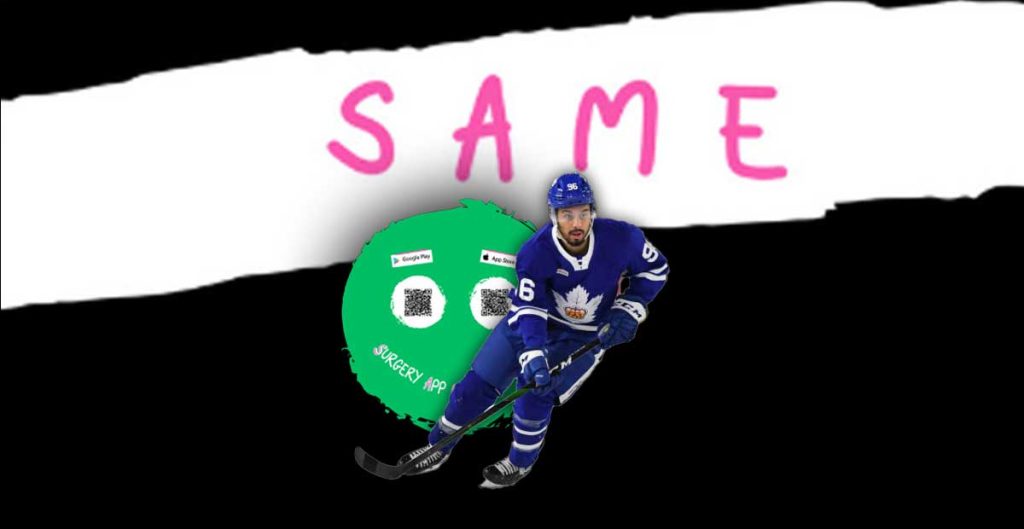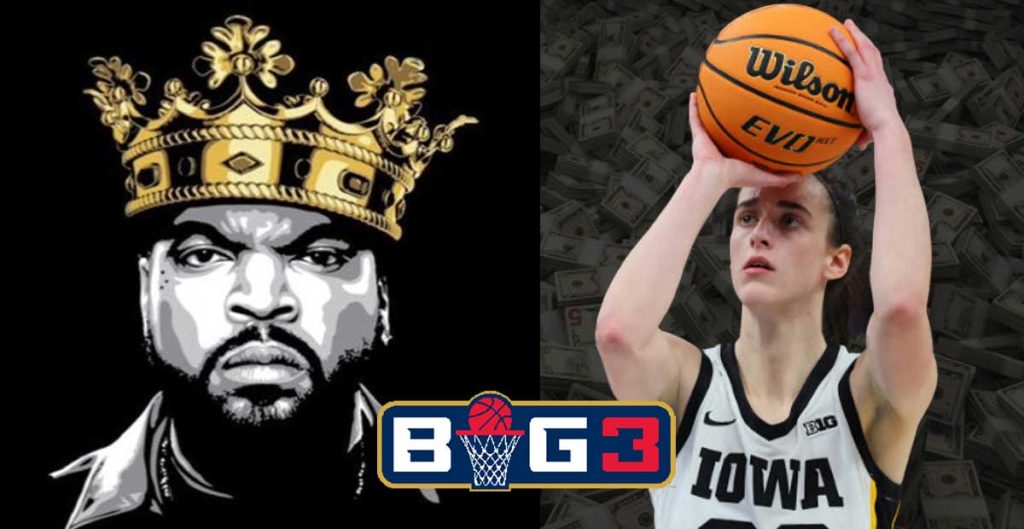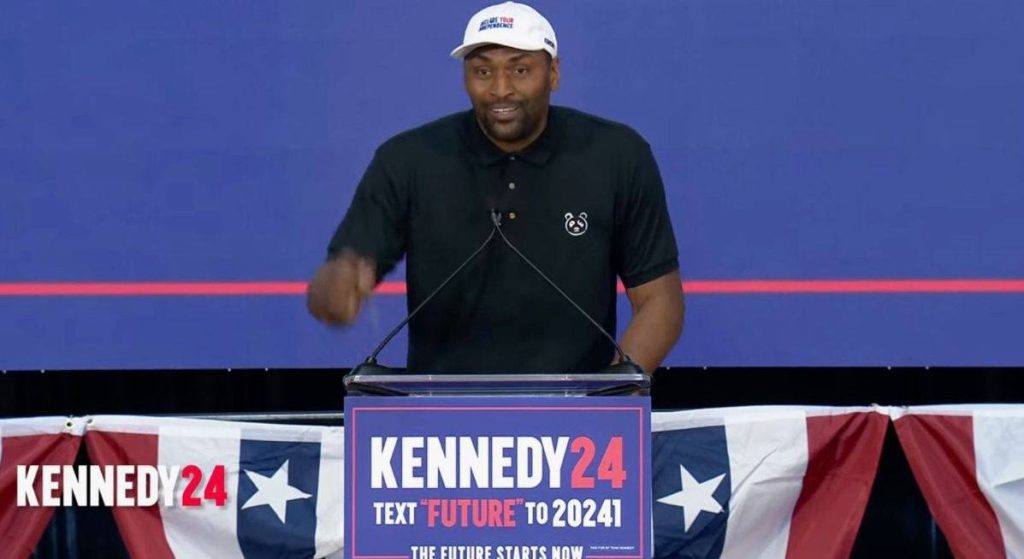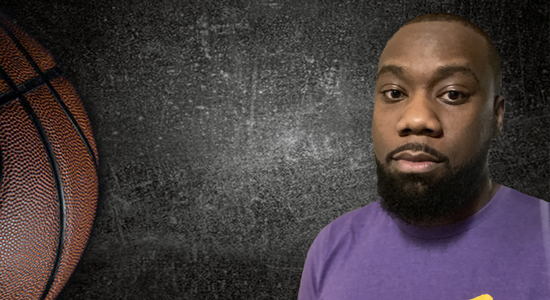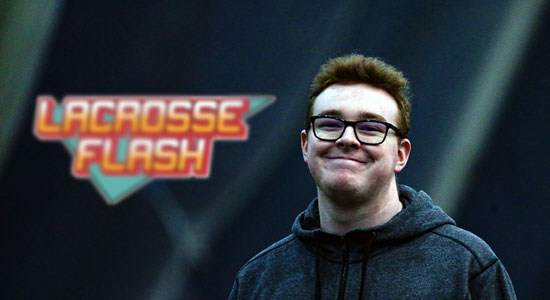
1 on 1 with Austin Owens | Editor In Chief/Social | Lacrosse Flash

With Lacrosse Flash, we really thrive off our social content, and capturing games through GIFs and short videos has helped us get the attention of devoted and casual viewers alike.
Austin Owens
Editor In Chief/Social
Lacrosse Flash
The Latest
Jontay Porter Banned From The NBA For Life
Iowa vs LSU: A Landmark Moment in Women’s College Basketball
Former NHLer Josh Ho-Sang Now A Rapper
Metta World Peace Endorses RFK Jr. for President 2024
Tell us about your role as the Editor In Chief/Social of the Lacrosse Flash.
The opportunity with Lacrosse Flash came about at a time when I was coming off a layoff. I had been covering the National Lacrosse League’s Toronto Rock for two years and I had gotten to know a number of the faces of Flash.
At the time Lacrosse Flash was in its infancy, but I had been keeping tabs on their content from the start. They had incredible growth from the jump and offered content that was unique to the sport at the time. So when Tyson Geick, the founder of Lacrosse Flash, reached out, it was a no-brainer for me.
With Lacrosse Flash, we’ve been able to build a solid audience in a two-and-a-half year span while also becoming -- in my opinion -- one of the leading media sources in the sport.
We started out solely with video content, doing analysis for every week of NLL games. Now, we’ve grown into video and written content along with our growing social presence. I was originally brought on to get the written content off the ground.
In my current role with Lacrosse Flash, I help to coordinate written and social content while creating graphics for the various leagues that we cover.
Writing has always been my primary focus, and with this position, I’m able to both contribute and edit to push content. As the head of content for Lacrosse Flash, I also have the ability to work alongside some of the most talented individuals in the sport.
One of our main goals is to push up-and-coming talent in the sport of lacrosse and showcase the personality within the game. We want to give a platform to new writers and students who have an interest in covering lacrosse.
Our stable of contributors has grown substantially over the past year, as we’ve started to cover the Premier Lacrosse League on top of the NLL.
I’ve always had an interest in Photoshop, so the social content and graphics just ended up happening when we tried to push social content and gain more of an audience.
Flash really came along at a down point in my career and has given me more opportunities than I could imagine. I’ve met some incredible people while building a brand that I’m truly proud to be a part of every day.
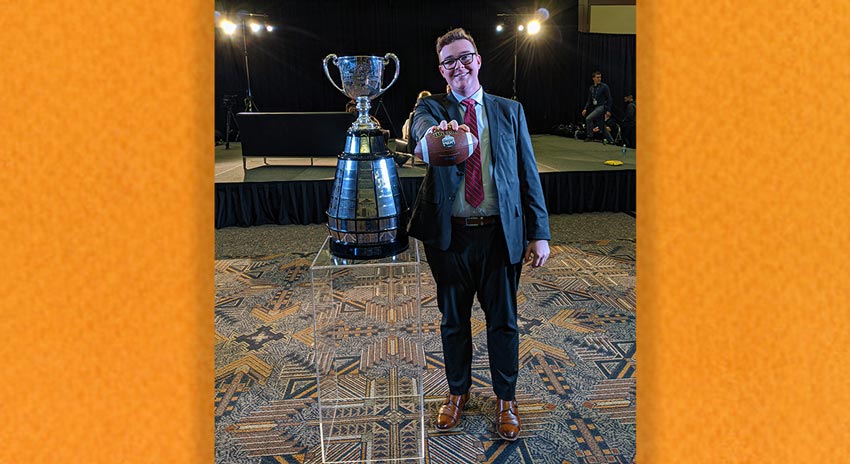
2As the Head of Social for Lacrosse Flash, what style do you gravitate toward, quick turnaround content or long-form storytelling, with high production value? Do you have a preference? Tell us some of the pros and cons you toggle for each.
We try and strike a balance between the two. With a sport like lacrosse, the fanbase isn’t as high as the bigger sports in North America, but the fans of lacrosse are hardcore.
Most fans have been invested in the National Lacrosse League for over 20 years and are very passionate about the sport.
Professional lacrosse players are also quite different from other professional athletes. I’ve had lacrosse described to me as a blue-collar sport -- which I think is the perfect example.
The majority of players work second jobs on top of being top-flight athletes. So they have some incredible stories to tell.
We love to have longform feature pieces to showcase the individuals within our sport, but the reality in this age of social media is that most individuals aren’t going to read a 1,000-plus word story. Many are just going to read the headline and story’s lead.
With Lacrosse Flash, we really thrive off our social content, and capturing games through GIFs and short videos has helped us get the attention of devoted and casual viewers alike.
So I would definitely say that we lean more towards the quick-hitting social pieces to push engagement, but we also still love to use longform storytelling from time to time.
3What are some of the big creative challenges you face with content creation? What about smaller ones?
I think with lacrosse, you get some more freedom when it comes to new content that we want to try out. There aren't as many outlets in the sport as there is for others, so some concepts haven’t been bled to death like in one of the big four leagues.
When I do content personally, I really wrestle with whether people will care about what I have to say.
That’s more of something that just goes through my mind, but when I put an idea together, it’s something I keep in the back of my mind.
You’re trying to reach a specific audience with every article and I want every piece I do to live up to standards.
Luckily, I do have a team with me that is open to trying a lot of different things and seeing how we can take an idea and push it to the best it can possibly be.
So I don’t want it to sound like a cop-out, but the Lacrosse Flash team is a tight-knit group and really bounces ideas off one another.
That makes content creation much easier on me and the other team members as a whole.
If I’m stuck on a particular project or need some advice on how to better content, I have the people there to pick me up and help the product be exactly what we want it to be.
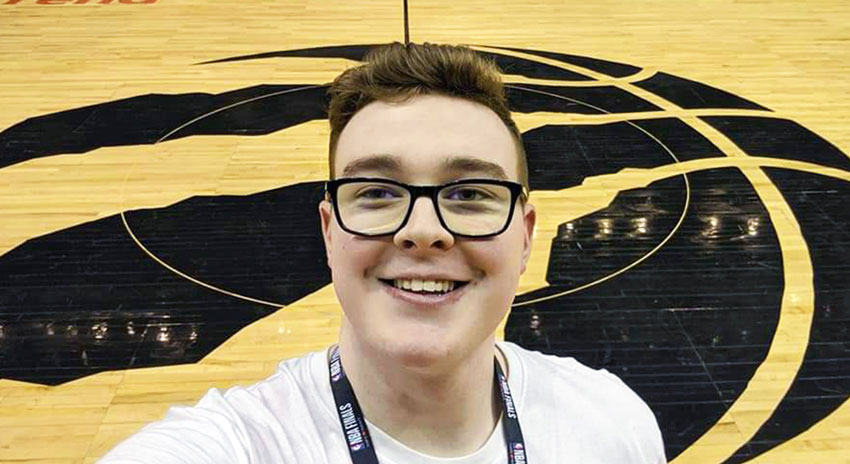
4Which social networks under your responsibility with the team do you enjoy working with the most? The least? Why?
Facebook is definitely the outlet that we use the least with Lacrosse Flash.
The layout is very good for the posting we do, however, our content (GIFs, videos, graphics) definitely caters more towards the audiences on Twitter and Instagram.
We generally have all our graphics up on Instagram with small clips from our various podcasts.
We focus on Twitter the most because it’s definitely the best for posting quick, digestible media that can drive engagement for us. We get the most impressions from Twitter.
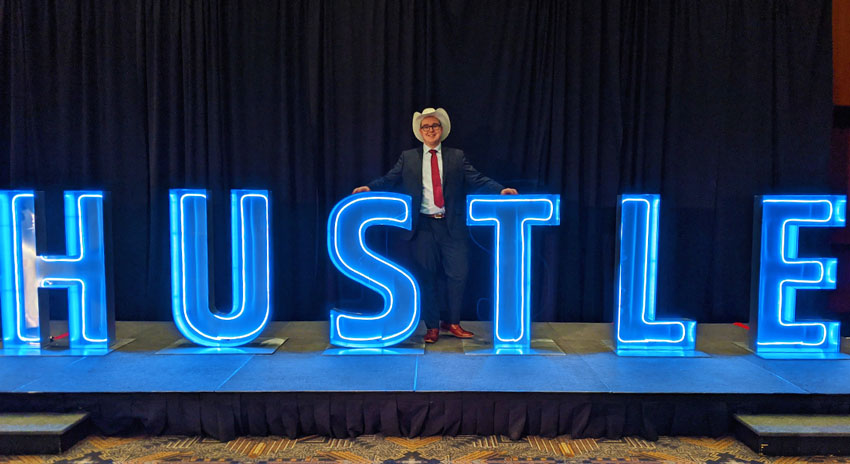
5You have worked several different jobs as a contributor in your career so far. What is the best thing about working for several different companies doing content contribution? What is the most challenging thing about it?
The best thing about working for so many places is you get a gauge on the industry and what is expected of you in various positions. I’ve had the chance to work in many aspects of sports media in my few years since graduating.
My internship was in radio, my first job was in copywriting and I’ve even had the chance to be a part of a broadcast team for a short amount of time.
That’s not necessarily how I imagined my career starting off -- I would have loved to be in one position for multiple years -- but it’s matured me and bettered me overall.
When you come out of school, you’re generally given a basic understanding of how to do different things within sports media, so that you’re able to thrive regardless of your position.
But when you get into the workplace, there’s nobody to hold your hand. It’s trial by fire, and you need to be able to do your job at a high level to succeed. You learn the most in those situations, in my opinion.
I would say that there are two challenging aspects to working so many jobs in such a short amount of time. The first being that you start to develop relationships from working with the people around you. They become friends, and then it all just ends in a flash if there’s a layoff or the position comes to an end.
The second aspect is that in order to gain the experience in so many positions, I’ve had to go through being let go on multiple occasions, and it doesn’t get any easier.
When I was laid off for the first time, that was an extremely difficult day. The worst part was having to tell my family and friends. I felt like a failure when in reality, it was just the business of sports media, something I came to learn later.
It’s an unfortunate reality that not everyone is lucky enough to land a position and stick with it for a number of years. There is a lot of turnover within companies and it’s not personal, it’s just a part of being in the business.
So I’ve been able to work a multitude of positions, but I’ve also had to go through some tough stretches along the way.
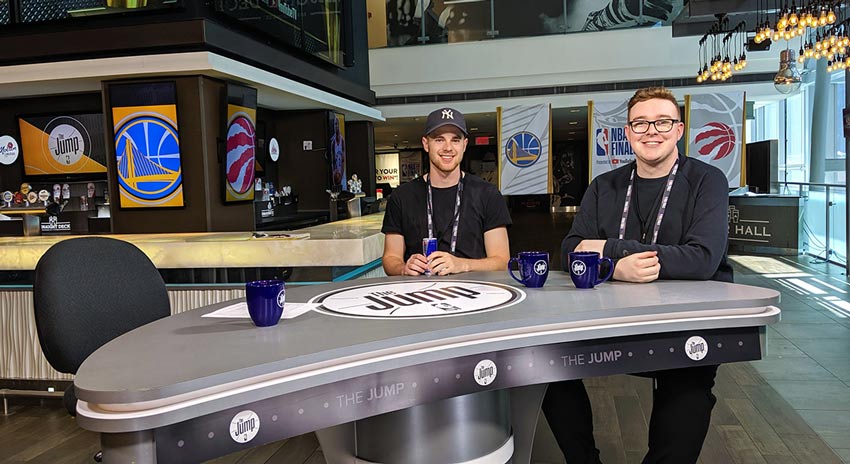
6What are the most important things you would suggest for people who are trying to establish a presence in sports journalism/digital media?
When I was in Journalism school, we’d always have guest speakers come in, and each of them would say the same thing to our class when we asked the same question.
Be nice.
It’s such a simple thing but just being a good person and being kind to people goes such a long way in this industry.
I think you also have to be a sponge when you’re in any environment. When I came out of school, I thought I knew everything there was to know about sports -- I was just a little naive at 21 years old.
I quickly learned from just sitting in a sports newsroom that there’s no such thing as knowing too much. There’s always someone who knows more and can help you learn something new.
Whether it’s regarding stats, history, or your job as a whole. If you go into a situation thinking you’re the smartest person in the room, you’ll be for a rude awakening.
There’s always something to be learned in your given craft.
The people that are the pillars of the sports industry didn’t start out where they were. They had to learn and improve and build into what they are today.
You have to go in with a positive attitude and an open mind that you can still get better every single day.
I’ve learned from playing and being around sports for my whole life that being a great teammate is the most important thing. You can be the most skilled individual in the world, but if you’re not willing to work in a team dynamic, then you won’t last in sports media.
The last thing I would suggest would be to underpromise and overdeliver.
Whether it’s sticking around for a bit after your shift is supposed to be over to finish up work or helping someone else out with their work, you need to be someone who is willing to work their tail off to be in that position.
This is because there’s always someone coming up that has that drive and wants your job just as badly.
[get_current_post_author_pic_and_name]
It was very enjoyable to speak with Lacrosse Flash Editor in Chief Austin Owens. The balance that must be struck for content creation with a sport like lacrosse shows in his work since there are fans that want easily consumable content but the more passionate ones who want long form pieces. The way Austin has navigated sports media while still being early in his career is insightful for young aspiring sports journalists. Professional lacrosse is a sport on the up thanks to the age of digital media. The way that Austin has articulated some of the challenges associated with working in digital media is also helpful for industry workers who are adapting to multiple roles.




